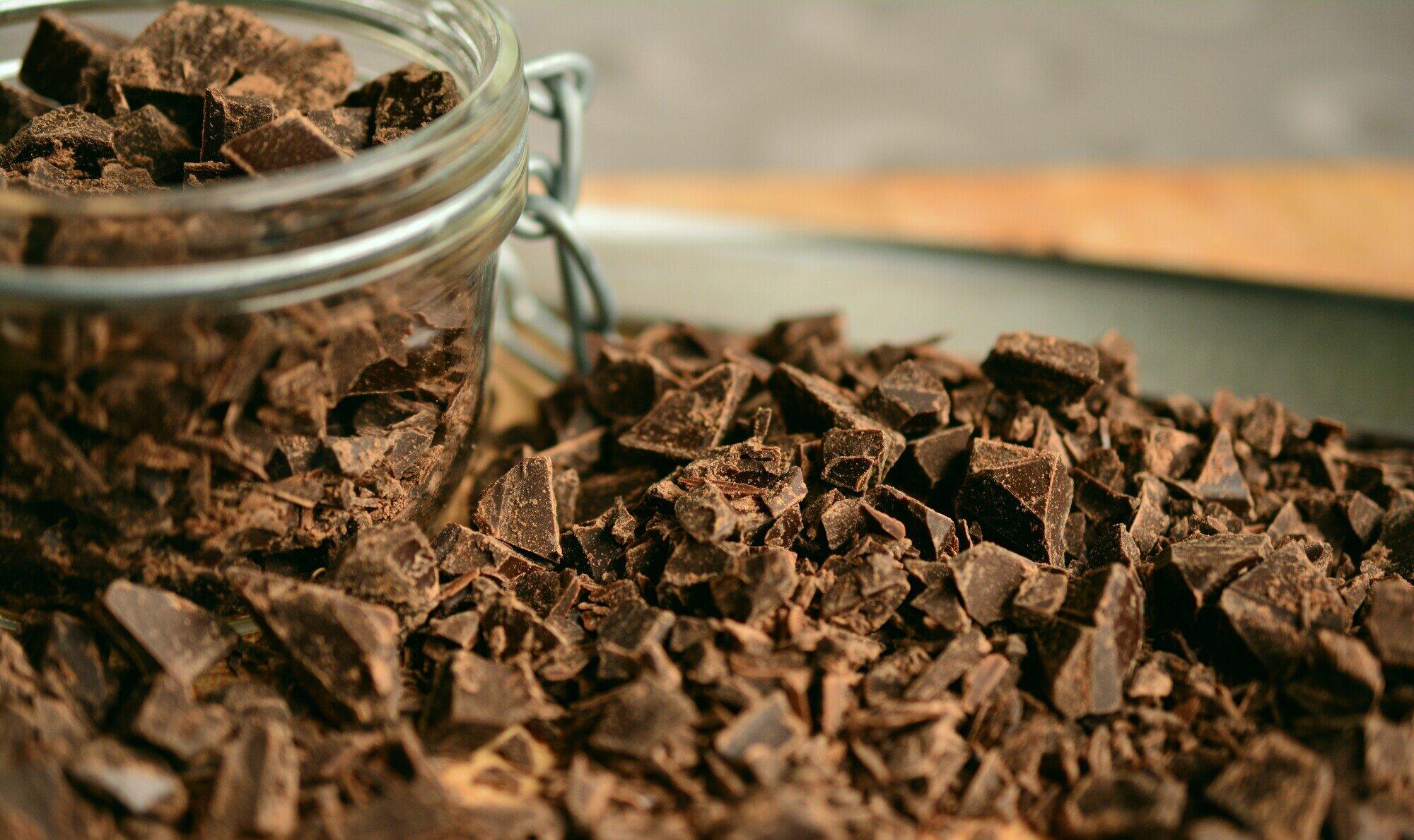According to Grand View Research, the global protein supplement market was valued at nearly $6 billion in 2022. As protein shakes become more and more popular for fitness enthusiasts, many people wonder: do protein shakes make you fat?
Today we're taking a closer look into whether protein shakes can contribute to weight gain, debunking common protein shake myths, and providing tips on how to incorporate them smartly into your routine to achieve your goals.
Understanding Protein Shakes
Protein shakes have become a staple in many diets, especially for those looking to build muscle or lose weight. But what exactly are protein shakes, and why are they so popular? Understanding their role in nutrition helps clarify why they don't automatically lead to weight gain.
There are three main reasons protein shakes are widely used:
- They provide a convenient source of protein.
- They support muscle recovery after workouts.
- They help maintain protein intake for those with busy lifestyles.
Convenient Source of Protein
Protein shakes offer a quick and easy way to get a significant amount of protein without the need to prepare complex meals. The convenience is one of the reasons they have become so popular with people who don't always have time to cook. Most protein shakes are packed with nutrients that aid in muscle repair and overall recovery.
Supporting Muscle Recovery
When people exercise, especially with strength training, their muscles break down and need protein to rebuild stronger. Protein shakes are designed to support this process by delivering protein to the body quickly.
It's why many fitness enthusiasts turn to them after workouts. By providing essential amino acids, protein shakes help with muscle recovery and prevent muscle loss.
Aiding Busy Lifestyles
Many people struggle to maintain a balanced diet due to their busy schedules. Protein shakes can help by filling the gap when you don't have time for a full meal. They provide a quick solution to maintain the necessary protein intake, ensuring your body has what it needs even when you're on the go.
Do Protein Shakes Make You Fat?
There are a lot of misconceptions about protein shakes and weight gain. Many people believe that consuming them will lead to gaining fat, but the reality is more complicated. To clear things up, we need to explore how protein shakes fit into a balanced diet and whether they really cause weight gain.
There are three main reasons why protein shakes themselves don't make you fat:
- Weight gain depends on calorie intake, not just the type of food.
- Protein helps build lean muscle, which can aid in weight loss.
- Added ingredients can increase calorie content, but that's easy to control.
Calorie Intake Determines Weight Gain
Gaining weight comes down to consuming more calories than you burn. Whether those calories come from protein shakes, carbohydrates, or fats doesn't matter. If you're in a calorie surplus, you will gain weight.
Protein shakes alone won't tip the scale unless you're consistently taking in more calories than your body needs. This is one of the biggest misconceptions people have. Drinking a shake won't automatically cause you to put on fat unless it contributes to an excess in your overall diet.
Protein Builds Muscle, Not Fat
Protein shakes are designed to help build muscle, not store fat. When you exercise, your body needs protein to repair and grow muscle tissue. Muscle mass helps burn calories at a higher rate, even when you're resting.
It can make protein a helpful tool in managing your weight. Far from making you fat, protein shakes can aid in developing a leaner physique when used properly. But again, balance is key, as any excess calories can lead to weight gain.
Added Ingredients Can Boost Calories
While protein shakes themselves are not fattening, what you mix into them can be. Many shakes are blended with high-calorie ingredients like fruits, syrups, or peanut butter.
These add-ins can push the calorie count higher than expected. That's why it's important to be mindful of what you include. By keeping track of these extras, you can enjoy the benefits of protein shakes without worrying about weight gain.
How Protein Affects Weight Management
Protein plays a key role in weight management and overall health. While it's commonly associated with building muscle, protein also affects how your body processes calories.
Understanding this relationship can help you make smart decisions about how much protein you consume and whether protein shakes fit into your weight management plan.
There are three main ways protein supports weight management:
- It helps you feel full, reducing the likelihood of overeating.
- Protein boosts your metabolism by supporting lean muscle mass.
- It reduces muscle loss during weight loss, which can keep metabolism steady.
Protein and Fullness
One of the reasons protein is important for weight management is that it helps you feel full longer. After consuming protein, your body takes more time to break it down compared to carbohydrates or fats.
It can help curb hunger and reduce the temptation to snack or overeat throughout the day. When people feel satisfied after meals, they're less likely to consume unnecessary calories, making it easier to stick to their calorie goals.
Protein and Metabolism
Another way protein affects weight management is through its role in metabolism. When you eat protein, your body uses more energy to digest it compared to other nutrients.
The process, called the thermic effect of food, can give your metabolism a slight boost. In addition, building and maintaining muscle mass also helps increase the number of calories your body burns at rest. Since muscle tissue requires more energy to maintain than fat, having more muscle can aid in weight management over time.
Preventing Muscle Loss
When you're trying to lose weight, it's common to lose some muscle along with fat. It can slow down your metabolism and make it harder to maintain weight loss.
Protein helps prevent muscle loss, especially when paired with strength training. By keeping your muscle mass intact, your body burns more calories even when you're not exercising. It can help with long-term weight management, as it allows you to maintain a higher metabolic rate even as you lose fat.
Smart Ways to Incorporate Protein Shakes Into Your Diet
Protein shakes can be a great addition to your diet if used thoughtfully. Whether you're looking to build muscle, lose weight, or maintain a healthy lifestyle, it's important to make sure that protein shakes fit into your overall eating habits.
There are a few key strategies that can help you use protein shakes in a way that supports your goals without leading to unwanted weight gain.
There are three smart ways to incorporate protein shakes into your diet:
- Use them as meal replacements when needed, not in addition to full meals.
- Opt for low-calorie ingredients when making shakes.
- Time your protein shake consumption around workouts to maximize benefits.
Meal Replacements vs. Supplements
If you're trying to manage your weight, it's important to think of protein shakes as meal replacements rather than supplements. Drinking a protein shake in place of a meal, especially if you're on the go, can be a convenient way to meet your nutritional needs without adding extra calories.
The key is to make sure the shake provides enough nutrients to replace the meal, without overdoing it on added sugars or fats. When you use shakes in this way, they help you manage your calorie intake while still providing the protein your body needs.
Choosing Low-Calorie Ingredients
One of the simplest ways to prevent weight gain from protein shakes is by choosing low-calorie ingredients. Instead of using whole milk or sugary flavorings, opt for water, almond milk, or unsweetened plant-based milk.
You can also add nutrient-dense, low-calorie options like spinach or berries, which will enhance the nutritional value of your shake without packing in extra calories. By focusing on wholesome ingredients, you can create a shake that's both satisfying and supportive of your health goals.
Timing Your Shakes
The timing of your protein shake can also make a big difference in how it supports your fitness goals. Many people find that drinking a shake after a workout helps with muscle recovery and replenishes energy.
It's when your body is most receptive to protein, using it to repair and build muscle rather than storing it as fat. By timing your shakes around your workouts, you can get the most benefit from them while avoiding unnecessary calorie intake during inactive periods.
Healthy Protein Consumption
So, do protein shakes make you fat? The answer depends on how they're used. With mindful portion control, smart ingredient choices, and a balanced diet, protein shakes can support your health goals. By combining them with whole foods, you can enjoy a well-rounded, effective approach to nutrition.
At DIETonSALE.com, we began as a medical weight loss center, assisting patients in reaching their goals. Today, we're excited to offer these same exclusive products worldwide at unbeatable prices. We ship globally, with fees added during checkout. International orders may incur tariffs or charges, as all items are shipped from the U.S.
Contact us today to learn how we can meet all your protein shake needs!




Leave a comment
This site is protected by hCaptcha and the hCaptcha Privacy Policy and Terms of Service apply.